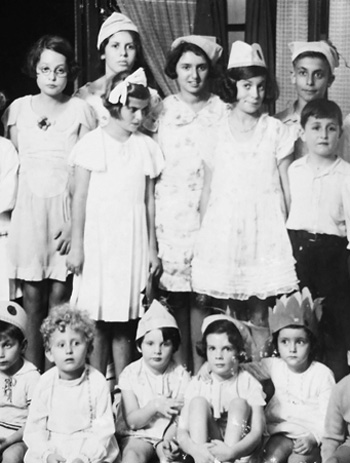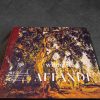Rotem Kowner
 |
Hanukka in Bandung, 1935Hanoch Silberberg |
Present-day Indonesia recognises six official religions. Judaism is not one of them. Yet the history of Jewish settlement in Indonesia dates back at least several centuries and extends across Dutch colonialism, Japanese occupation and Indonesian independence. The major testaments to Jewish life in the Indonesian archipelago today are the synagogue in Surabaya, several cemeteries with cracked tombs bearing Jewish names and a large Star of David in Manado.
A few Jews still live in the archipelago but they are a pale shadow of the community that prospered in what was then known as the Dutch East Indies until little more than sixty years ago. On the eve of the Pacific War (1941-45) Indonesia’s Jewish community comprised about 3000 members. By 1957 there were around 450. Six years later that number had dwindled to around 50. Since 1969 there have been probably fewer than twenty Indonesian-born Jews in the entire country.
Despite being one of the largest Jewish communities in Southeast Asia in the first half of the twentieth century, very little has been written about its history. Even less is known about its wartime experiences under the Japanese occupation. However, this community can tell us a great deal about broader issues such as early migrations from the Middle East and Indian











